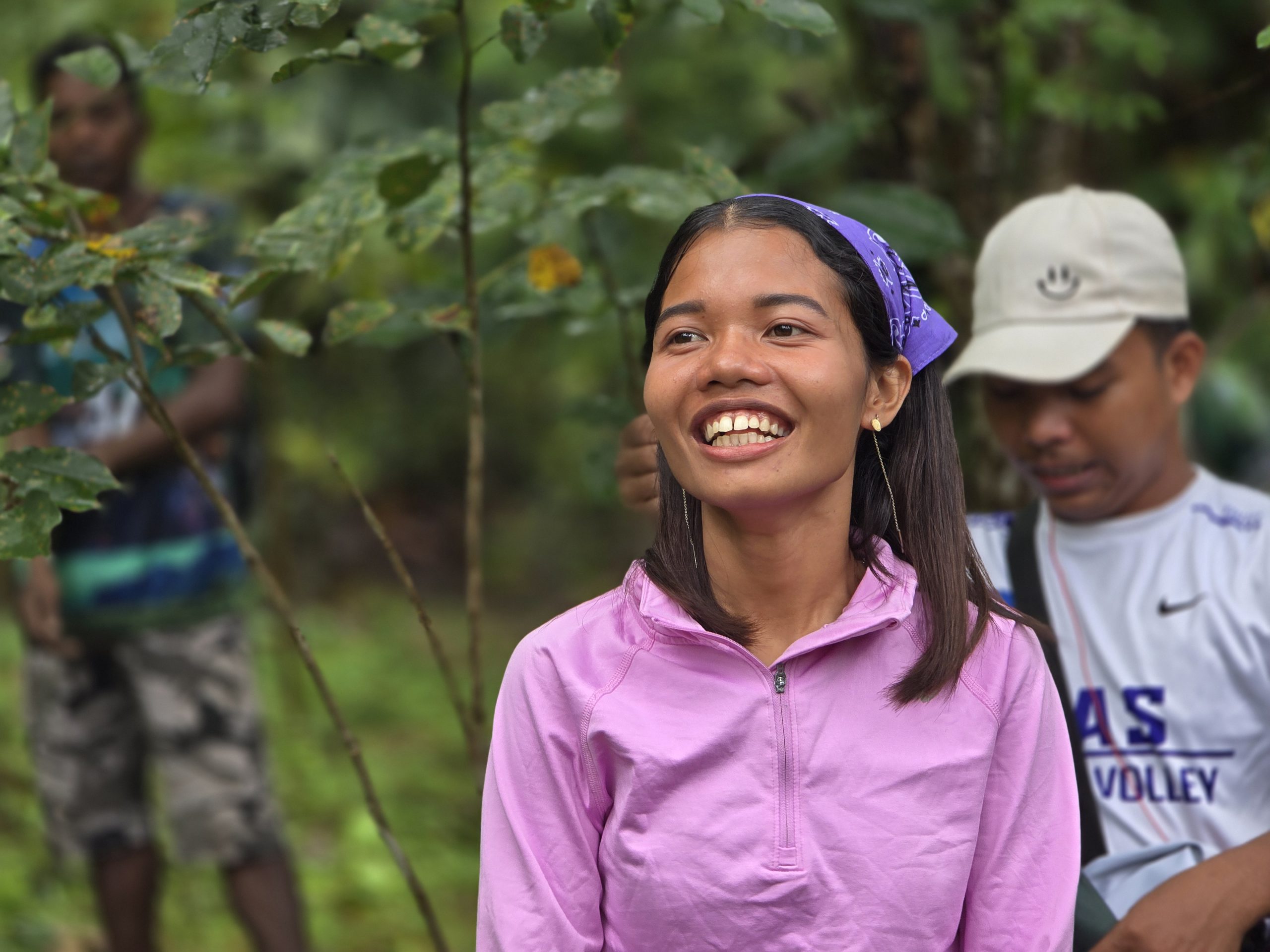
YEEHA 2025 Highlights Youth Leadership in Inclusive Forest Governance
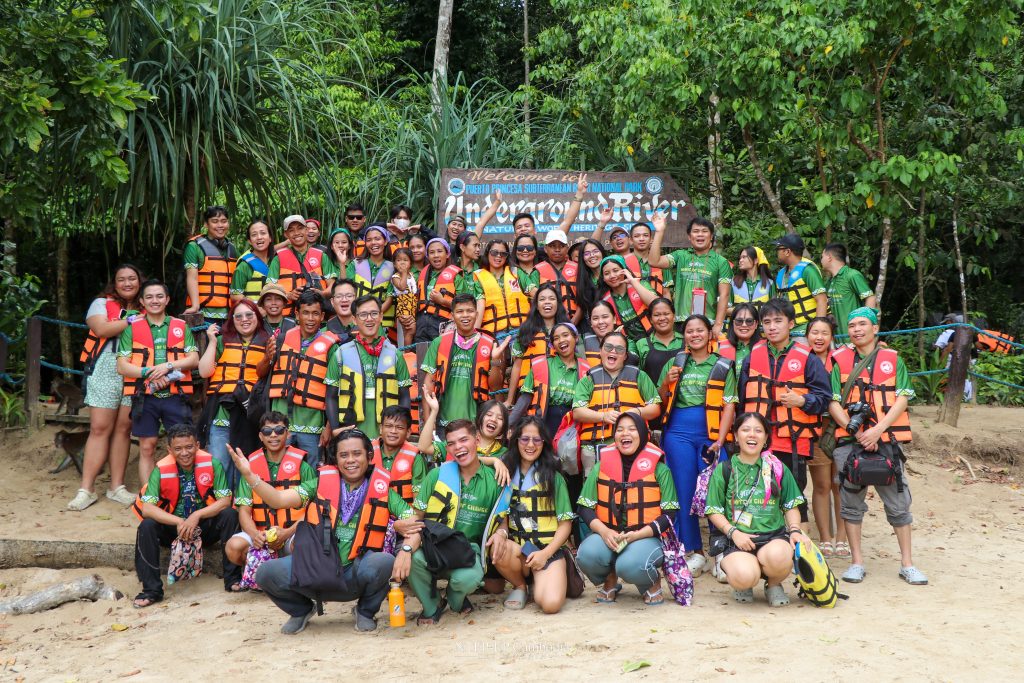
YEEHA 2025 participants visited Puerto Princesa Underground River, one of the seven wonders of the world. Photo courtesy of Set Sambath/NTFP-EP Cambodia
The Youth Engagement and Empowerment Hive in Asia (YEEHA!) Regional Youth Camp was held from June 4–10, 2025, in Puerto Princesa, Palawan, Philippines. Designed as a space for meaningful learning and exchange, the camp brought together 43 young Indigenous Peoples and local community (IPs&LCs) leaders, 27 women and 16 men, from Cambodia, Lao PDR, Philippines, Malaysia, Indonesia, Myanmar, and Vietnam to strengthen youth leadership in forest governance and climate action.
With the theme Roots of Change: Indigenous and Local Youth Leading Resilient and Inclusive Forest Landscapes, YEEHA! 2025 focused on practical, hands-on sessions exploring inclusive forest governance, sustainable landscapes, and youth-led strategies for the crises our planet face today. The program emphasized capacity-building in mapping, research, documentation, and the transmission of Indigenous Knowledge, Systems, and Practices (IKSPs) to generations to come. More than just training, the camp fostered deep reflection, creativity, and solidarity; grounded in the realities of the participants’ own communities and territories.
Laying the Groundwork: Understanding Forest Governance and Youth Inclusion


The assembly opened with warmth and intention, setting the stage for a meaningful exchange. The first session introduced youth participants to critical concepts such as tenure rights, customary land governance, and the unique challenges and opportunities faced by Indigenous and local youth in sustainable landscape governance. Through interactive activities like community mapping and drawing exercises, participants reflected on their own landscapes, identifying sacred areas, livelihood zones, and areas under threat.
The conversation transitioned into a panel discussion on youth-led actions across Southeast Asia, highlighting how young leaders from Indigenous Peoples and local communities are reshaping the narrative on climate and forest governance, most especially when it comes to decision-making processes vital to preserving and sustaining their territories of life.
To cap off the first day, Inclusive Landscape Governance: Challenges and Opportunities for IP&LC-Youth, invited participants to map out the power dynamics in their own communities. Using actor mapping and power placement exercises, they analyzed who holds influence in their respective landscapes’ decision-making, and where youth often stand in those circles. The day ended with rich reflections on the urgent need for youth voices to move from the margins to the center of governance.
Seeing It in Practice: Field Visit to Community-based Tourism Models in Sabang, Puerto Princesa, Palawan

A man paddling a small boat in Sabang Mangrove Paddle Boat Tour (left, photo courtesy of Mich Lapiz/NTFP-EP Asia); Mangrove pneumatophores, a special aerial root structure of mangrove trees (right, photo courtesy of Set Sambath/NTFP-EP Cambodia)
Participants spent the day immersed in the breathtaking landscapes of Palawan, visiting sites that demonstrate inclusive and sustainable forest governance in action. These included the Social Fencing approach of the Puerto Princesa Subterranean River National Park (PPSRNP) and the community-managed Sabang Mangrove Paddle Tour.

Engaging directly with forest stewards, policy actors, and conservation leaders, Indigenous and local youth were able to witness how principles of equity, participation, and environmental stewardship are applied on the ground. A tree planting activity was done, reinforcing the connection between land and community. Participants shared stories and reflected on how traditional ecological knowledge, passed down through elders and knowledge holders, are driving and redefining IPs&LCs-WY understanding on inclusive forest landscapes, recognizing them not only as environmental stewards but also as rights-holders: right to a clean, healthy, and sustainable environment.

From Ideas to Action: Building Youth-Led Initiatives
The energy at YEEHA! 2025 shifted from exploration to action. In the sessions during the fourth day of the regional youth camp, participants immersed themselves in discussions on youth engagement in policy and advocacy. They navigated key frameworks like the UN Declaration on the Rights of Indigenous Peoples (UNDRIP), the ASEAN Guidelines on Customary Tenure (ASEAN CT Guidelines), and Indigenous and Community Conserved Areas (ICCAs), learning how these tools can support their roles as young rights-holders and environmental stewards. Role-playing activities helped sharpen their communication skills, allowing them to practice effective dialogue with government officials, NGOs, and other stakeholders.
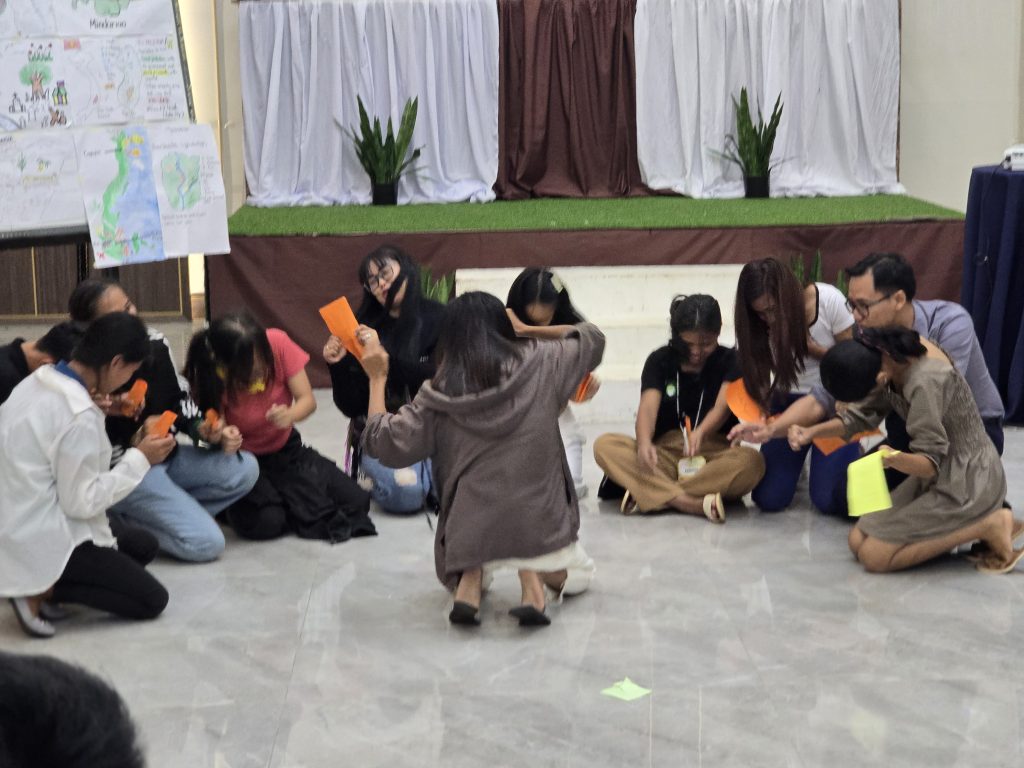
Participants reflected on guided questions, uncovering both hard-earned lessons and key milestones. Challenges such as limited funding and institutional support, patriarchal norms which is adopted in their ways of community leadership, and generational divides whereas role of youth in community is not fully recognized, were discussed alongside creative solutions. Opportunities which were identified by YEEHA! participants include youth as bridges between tradition and innovation, documentation of IKSPs, maximizing storytelling as a tool for amplifying advocacy, and active participation in local governance and policy bodies.
Bridging Communities and Breaking Barriers Through Cultural Performances
The fourth day also marked one of the most unforgettable moments of the entire gathering. That evening, young leaders from Indigenous and local communities held a vibrant cultural night—a celebration of identity, heritage, and unity.
Youth from different countries shared traditional songs, dances, and performances that illuminated the richness of their cultures. But what stood out most was the moment when everyone joined in the dances of each group, laughing and moving together like various communities connected through deep-rooted traditions. It was a moment of joy and solidarity, a reminder that cultural resilience is a shared rhythm that can bridge nations.
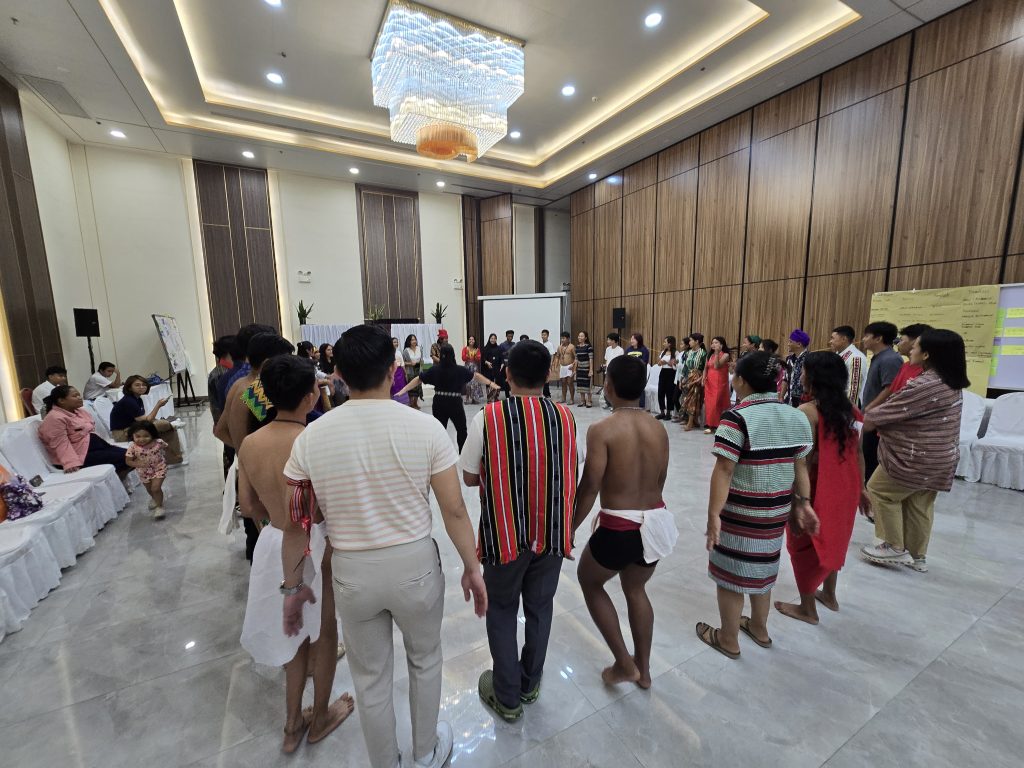
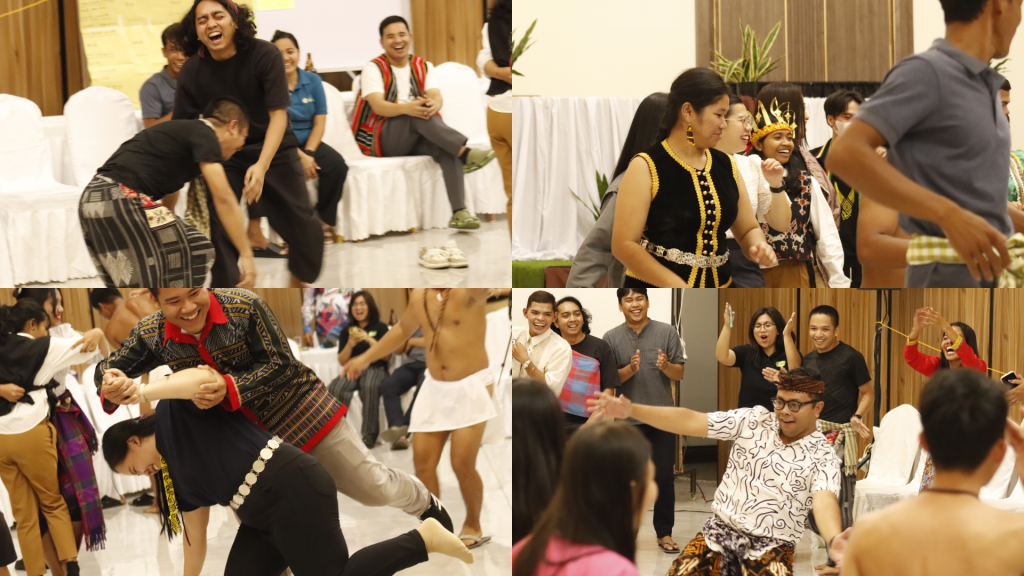
At the heart of YEEHA! was a shared urgency, and these identified challenges within their community has become their inspiration for change: to be the roots that sustains and protects ancestral lands and ecosystems from ongoing threats like mining, land grabbing, climate crises, and rapid biodiversity loss. For Shaw La Mun, a participant from Myanmar, this struggle is lived daily: “Our community areas are sacred. We are aggressively experiencing mining. The ignorance is the oppression of the Indigenous communities. The IPs [Indigenous Peoples] are the rightsholders.”
Even so, the week revealed how strength often begins at home. Many youths spoke about the role of family and elders in shaping their values and commitment to forest stewardship. Angela from Indonesia shared: “My parents didn’t want me to work in the forest. But when I graduated, I came back….
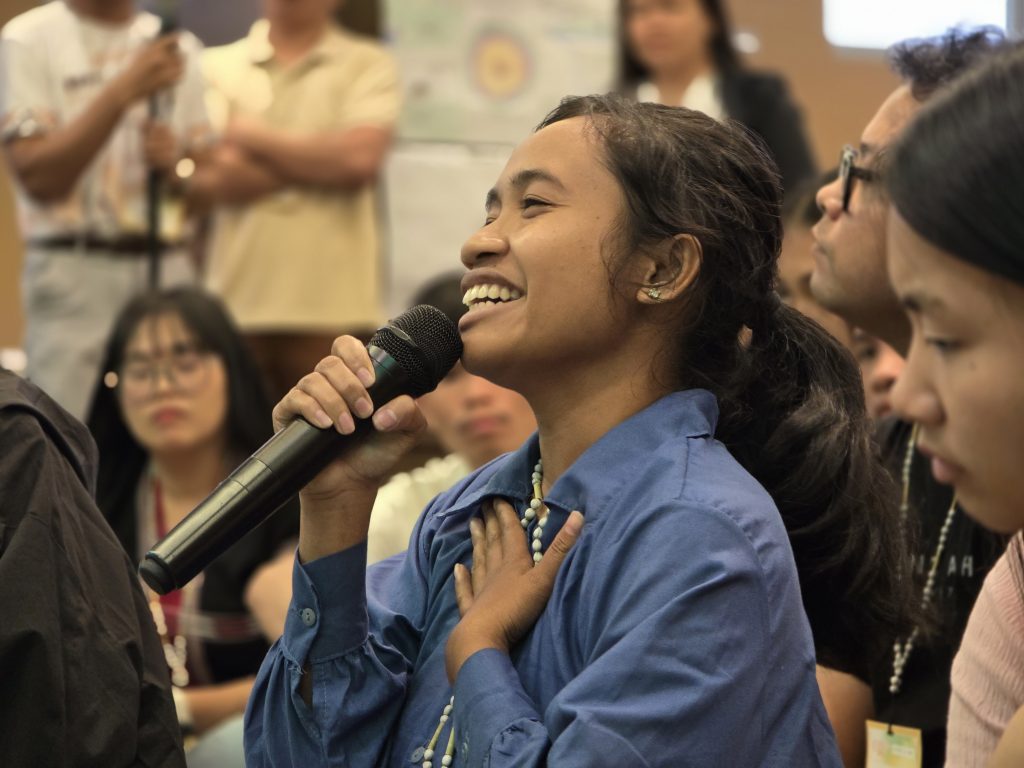
…Even small knowledge can make an impact.”
YEEHA! provided the space for youth to reflect on their role as cultural bearers and agents of change. Through participatory methods like mapping, drawing, storytelling, and group discussions, they explored how Indigenous Knowledge Systems and Practices (IKSPs) could guide just and inclusive governance. The youth participants turned their learnings into concrete plans. Youth groups collaborated to create action plans rooted in their contexts, conducting community needs assessments and mapping out ideas in a mini-hackathon format. Projects ranged from women-led rattan processing in Cambodia and food innovation in Indonesia to youth-led education efforts and cultural revitalization in Myanmar.
Even in the face of these realities, hope ran strong. The field visits, peer exchanges, and community-based activities all reminded participants that change is possible, especially when driven by young people with the courage to speak, organize, and lead.
The message from YEEHA 2025 was clear, the youth are not merely the leaders of tomorrow; they are critical actors in shaping decisions and driving change today.
YEEHA 2025 was organized by the Non-Timber Forest Products Exchange Programme Asia (NTFP-EP Asia), in partnership with the National Indigenous Youth Network Philippines (UGNAYIN). This event was funded by the Green Livelihoods Alliance (GLA), the Pastor Rice Small Grants Fund (PRSGF), and Forest Foundation Philippines.
Written by: Michelle Lapiz, NTFP-EP Asia
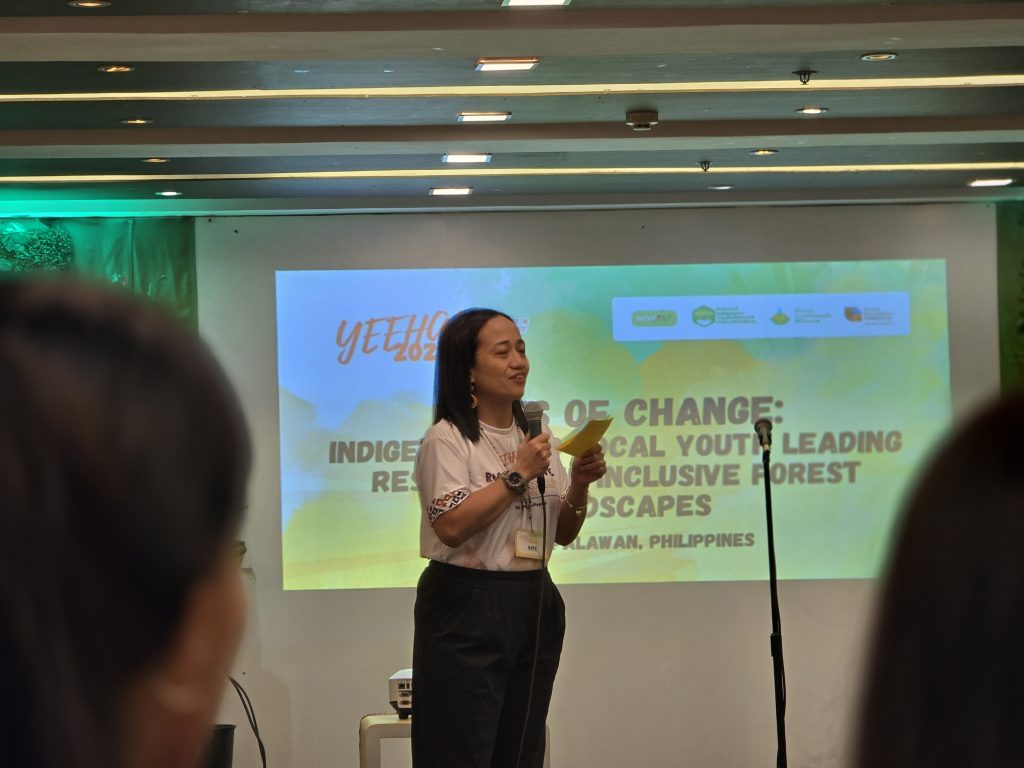
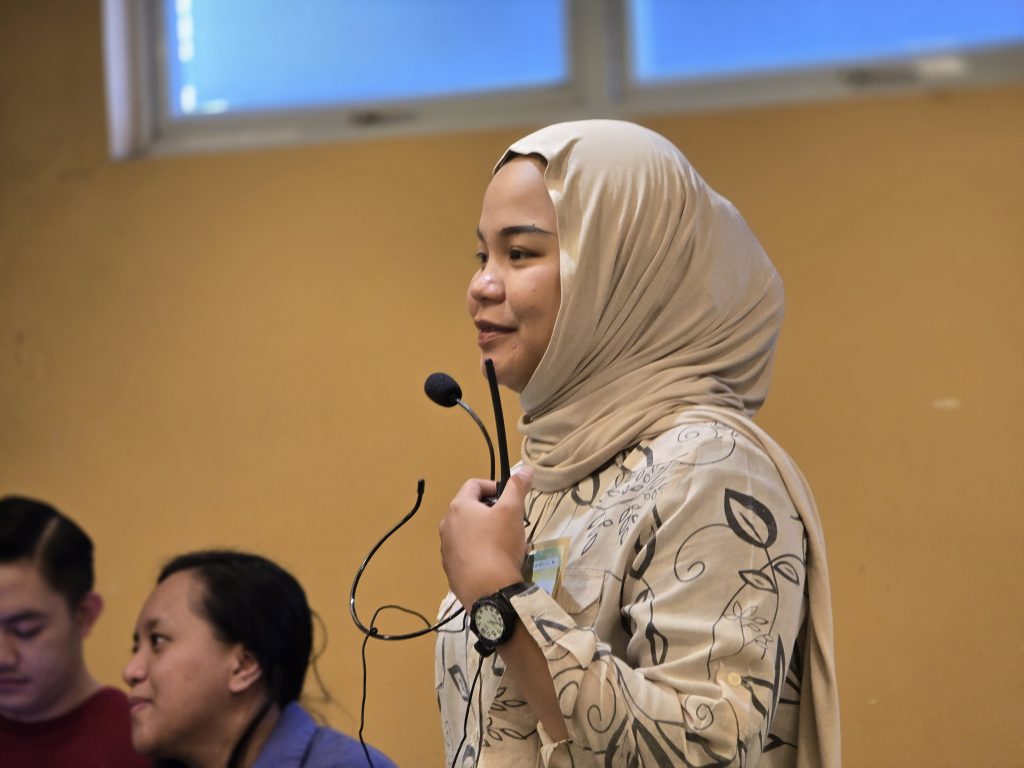
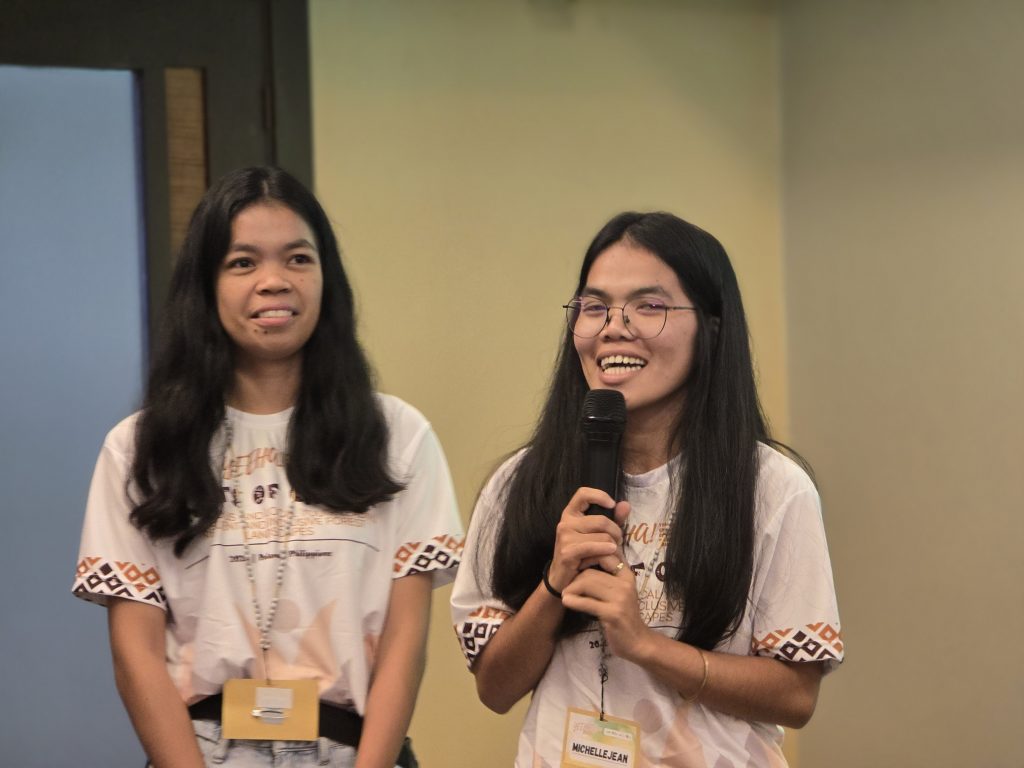
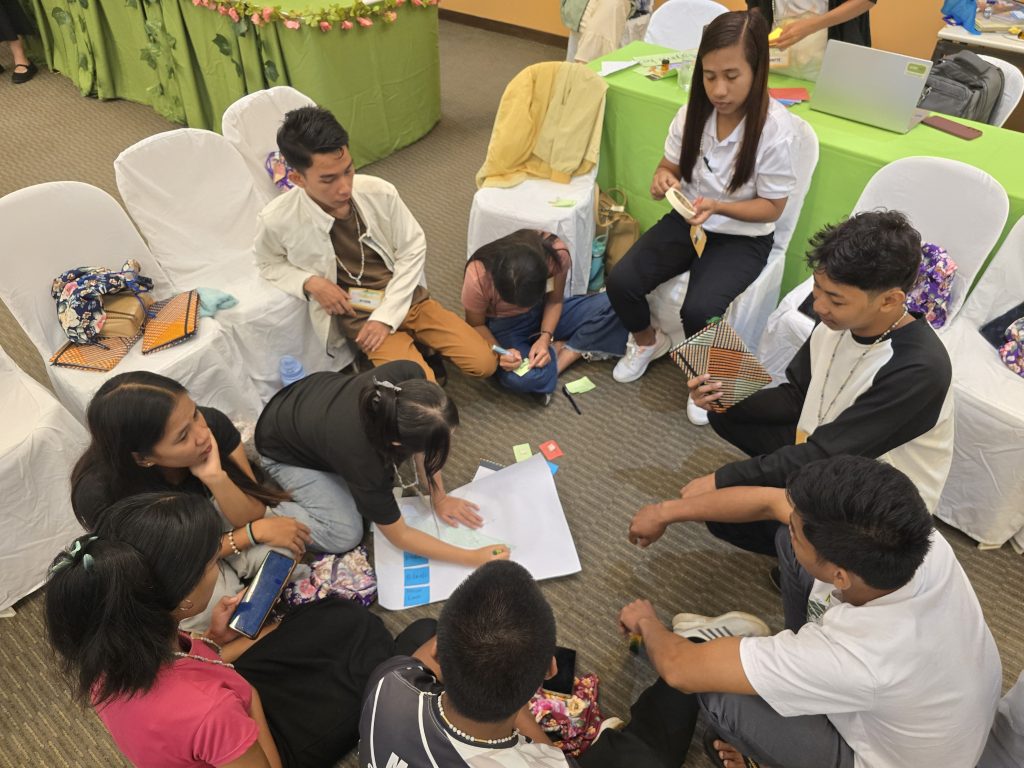
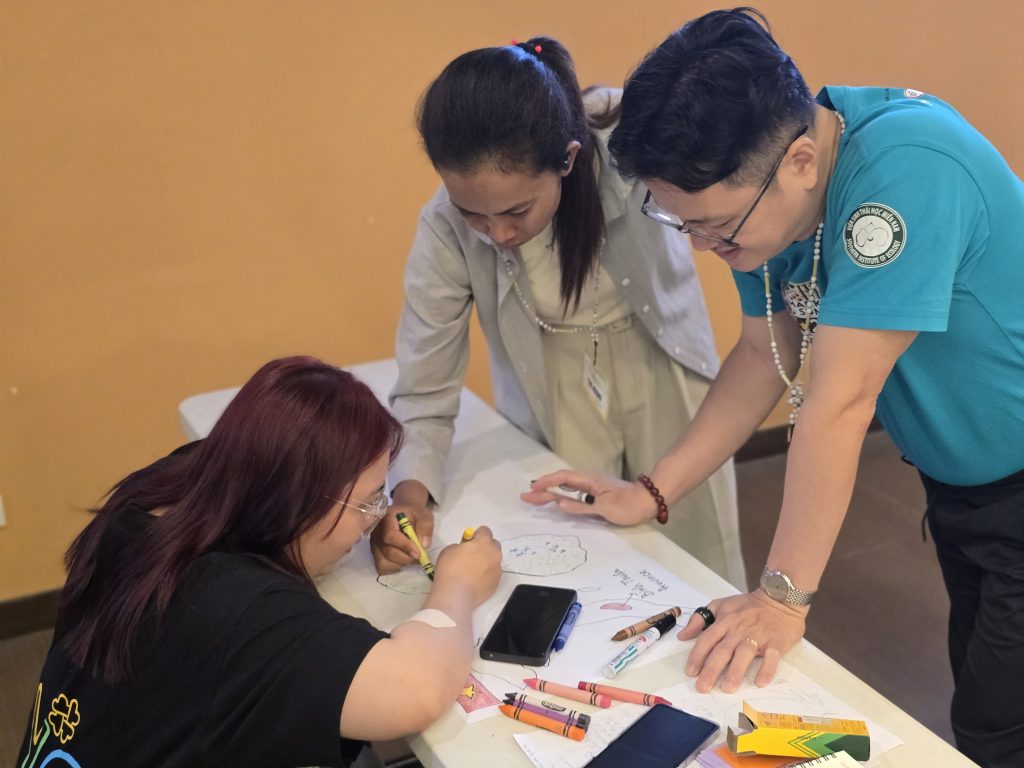
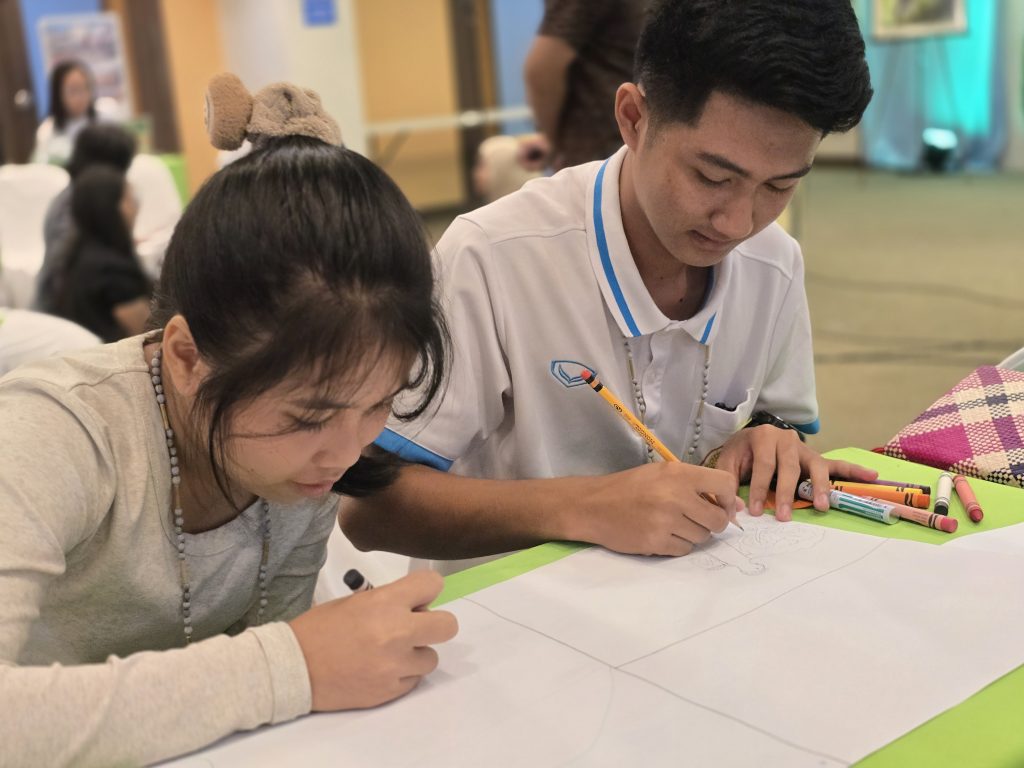
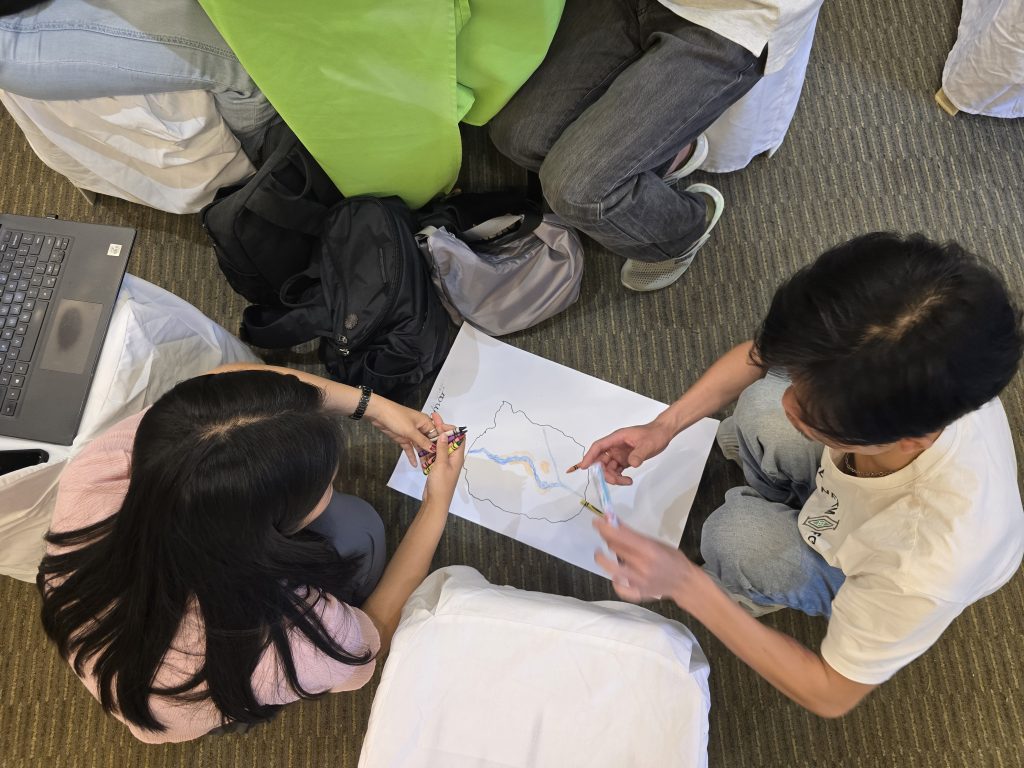
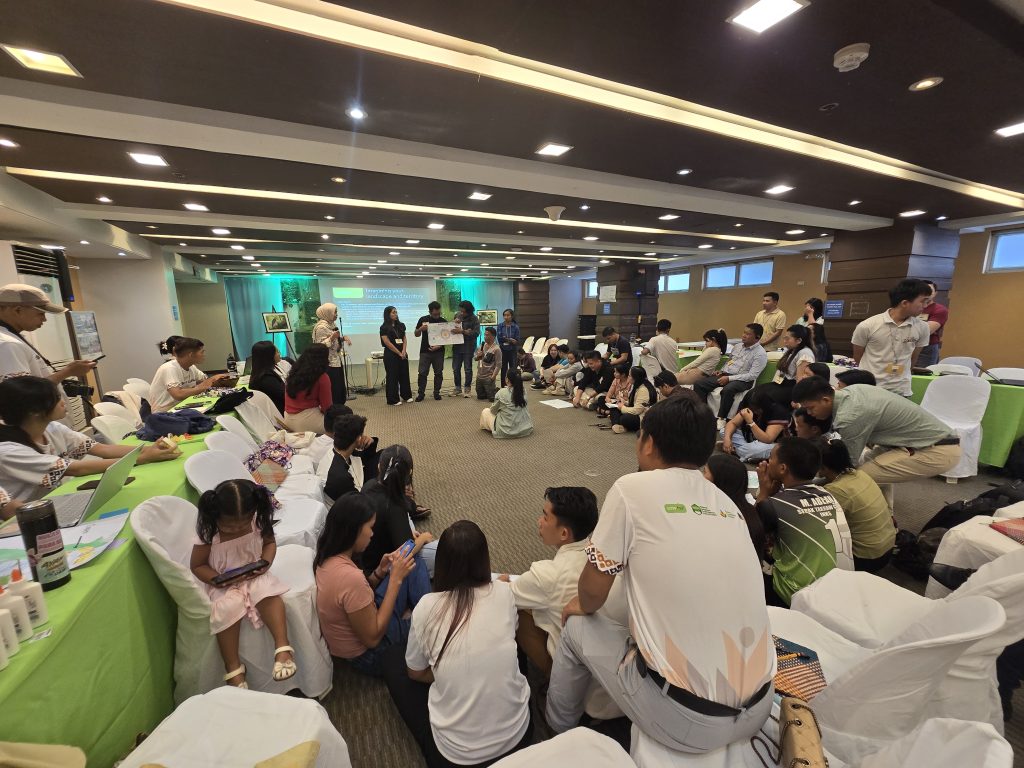
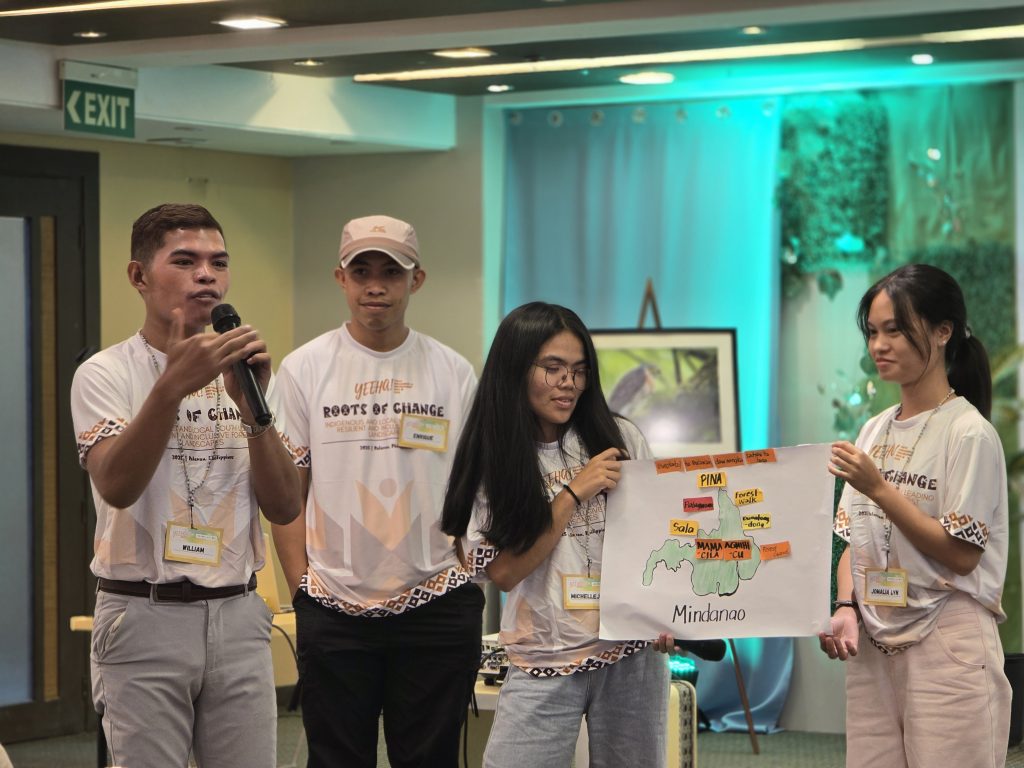
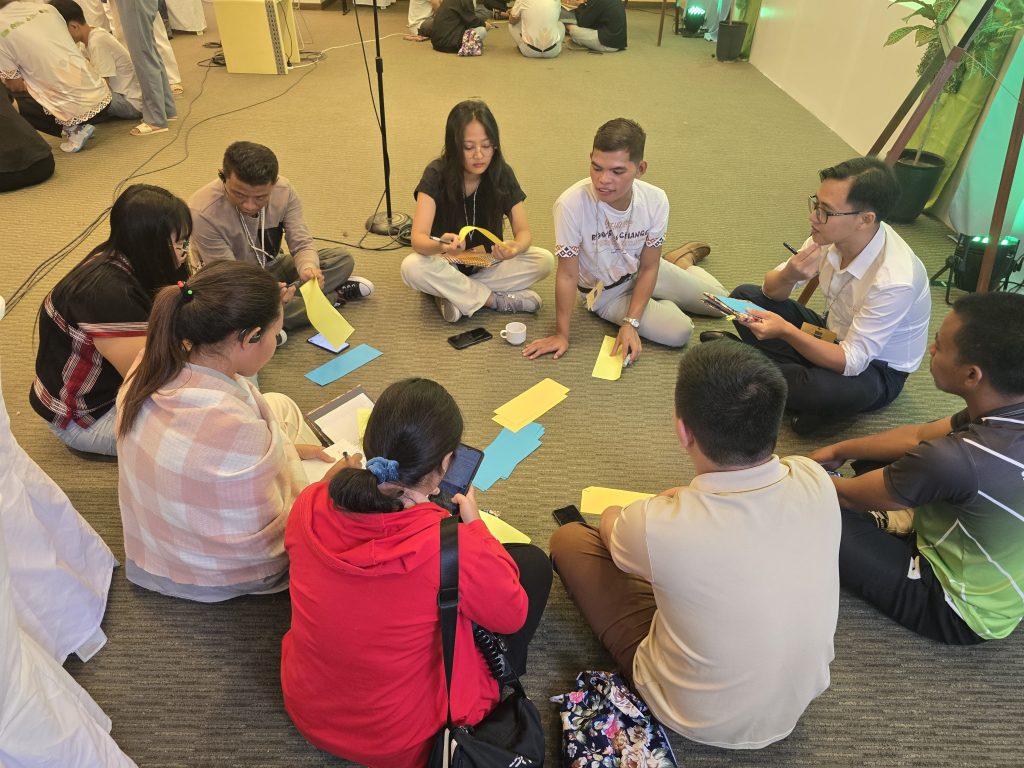
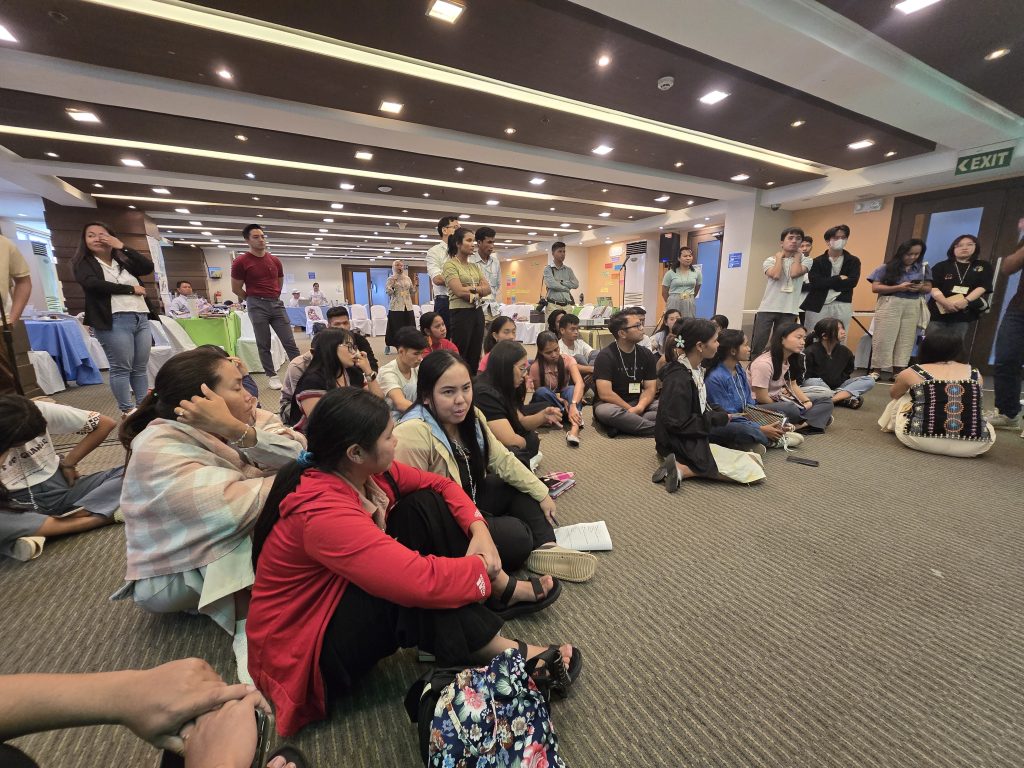
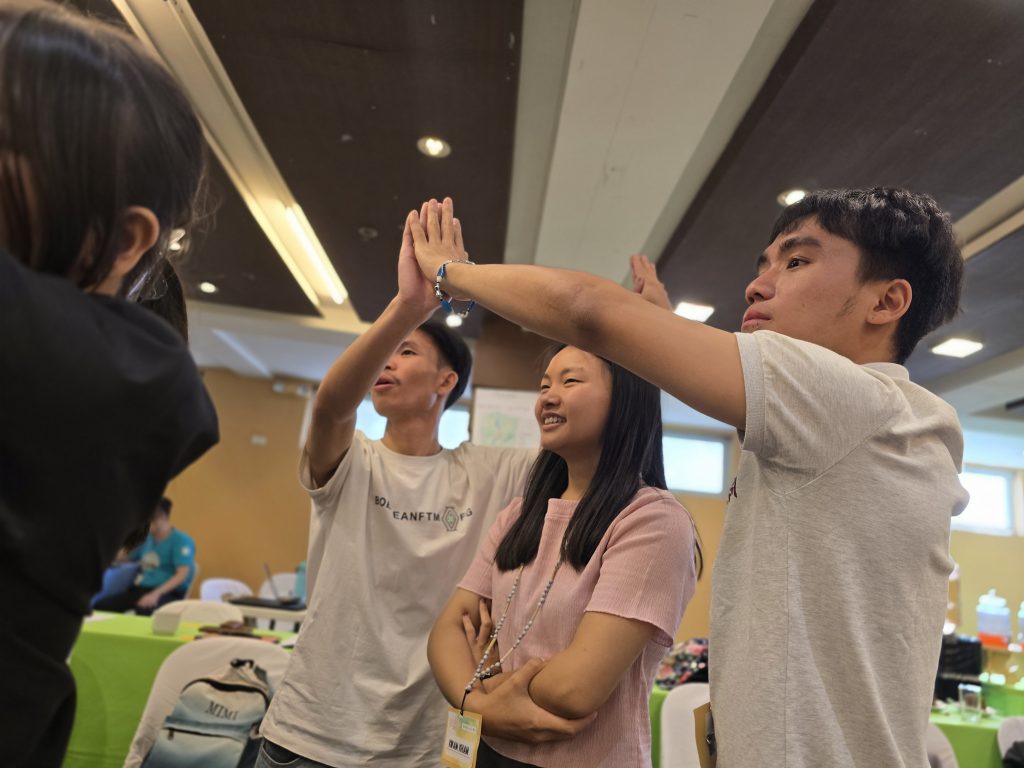
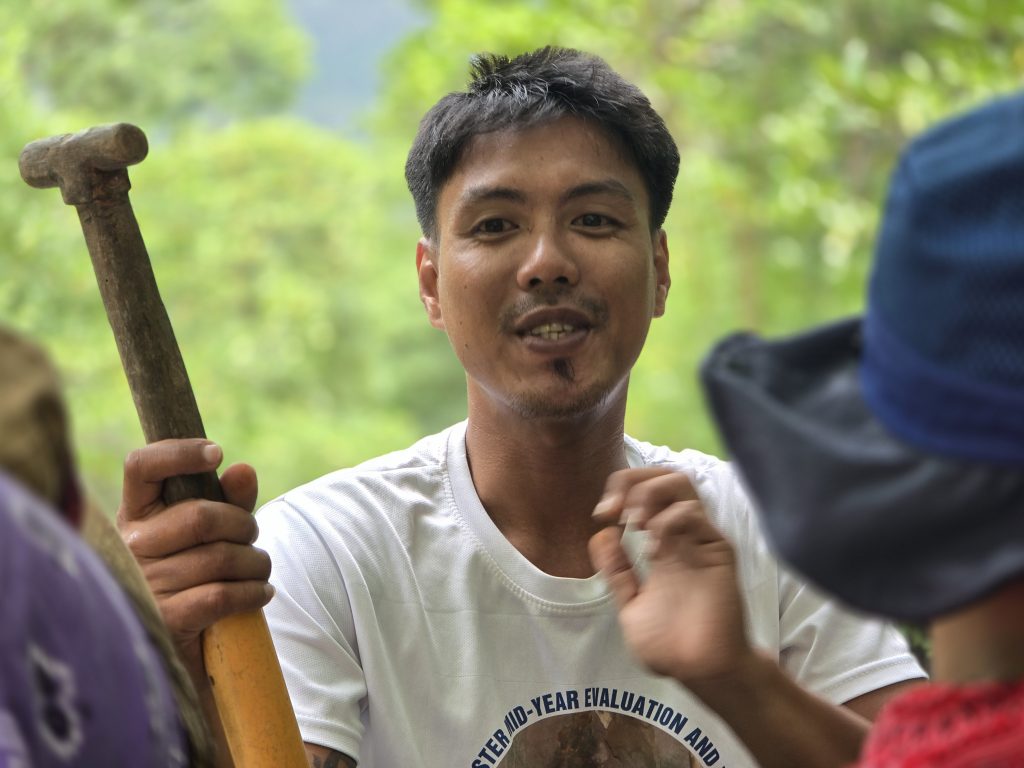
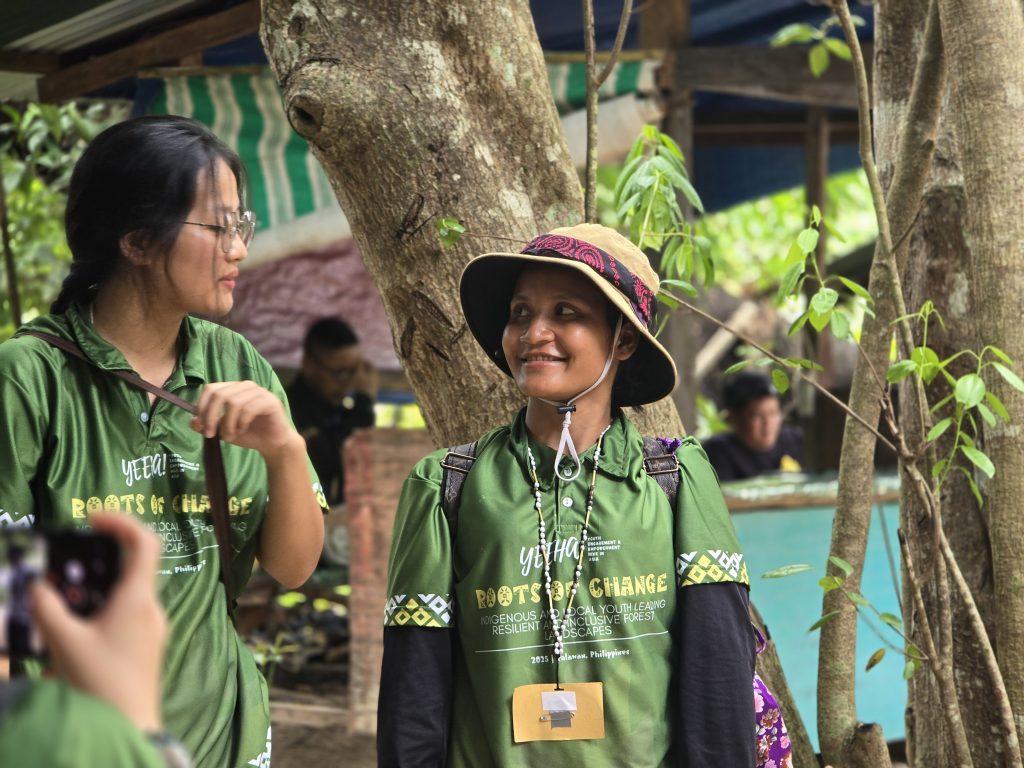
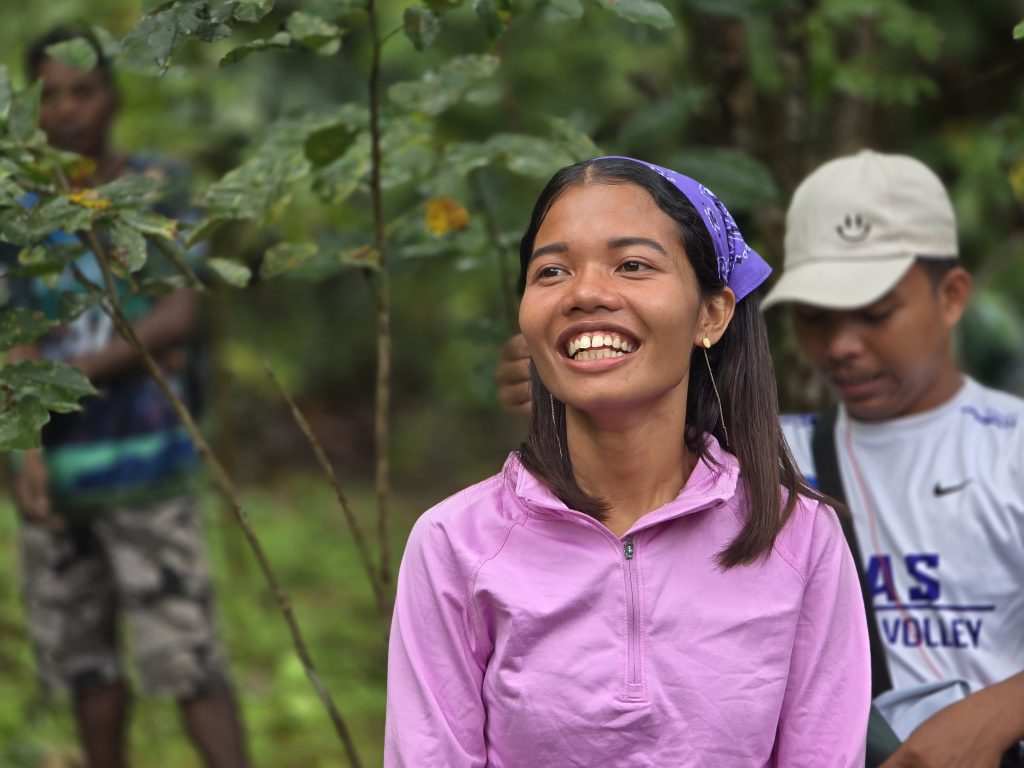
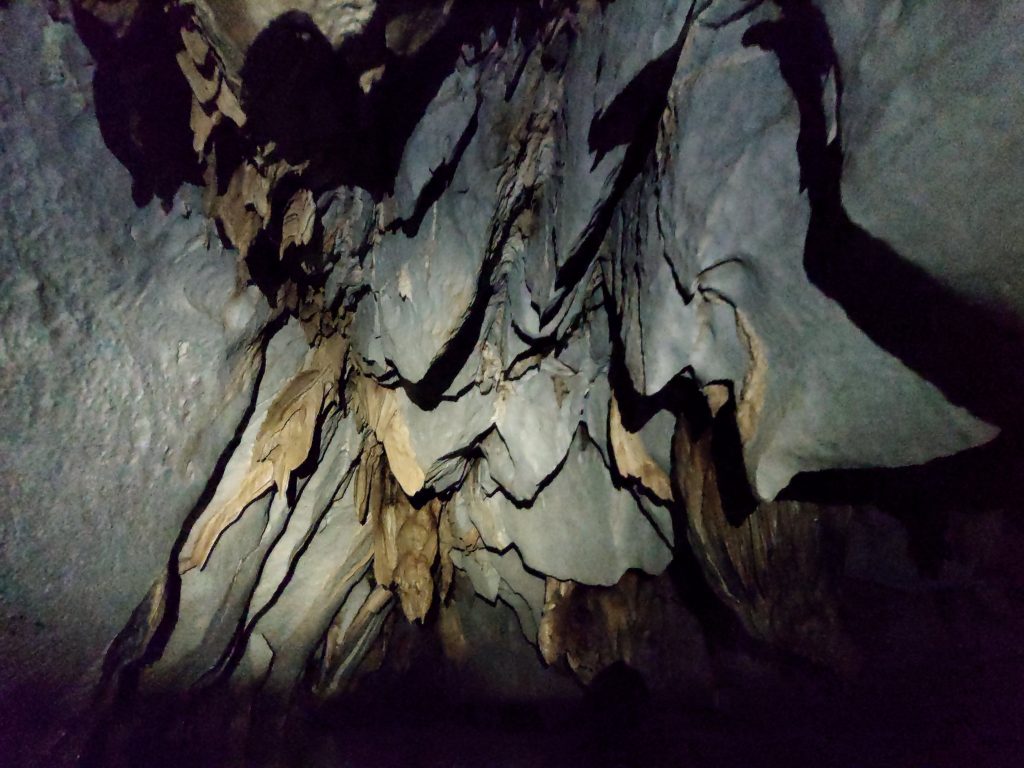
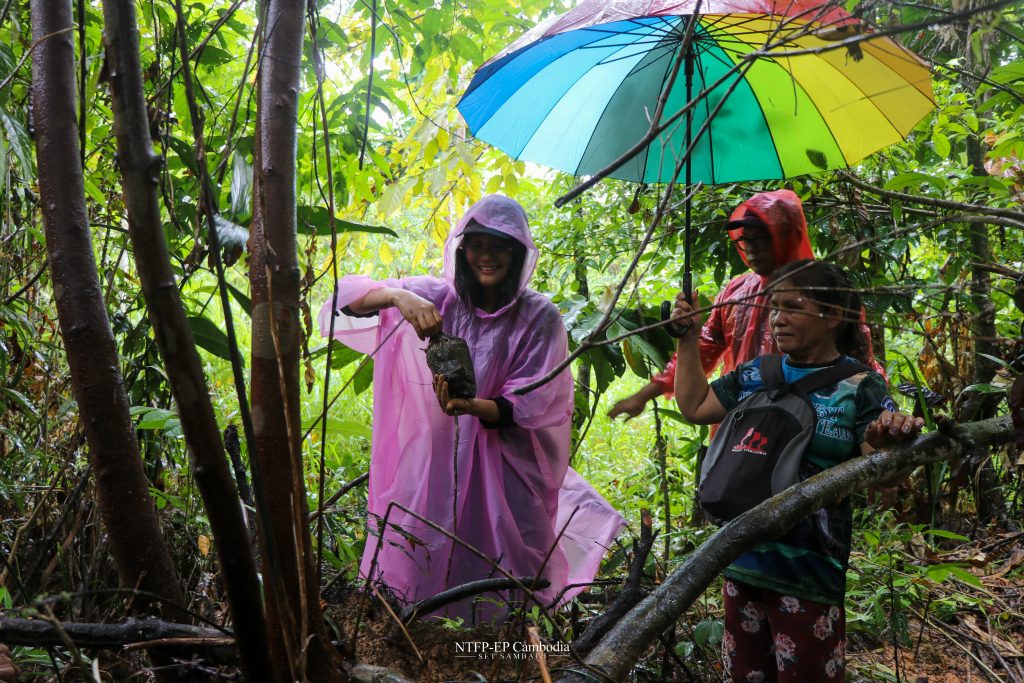
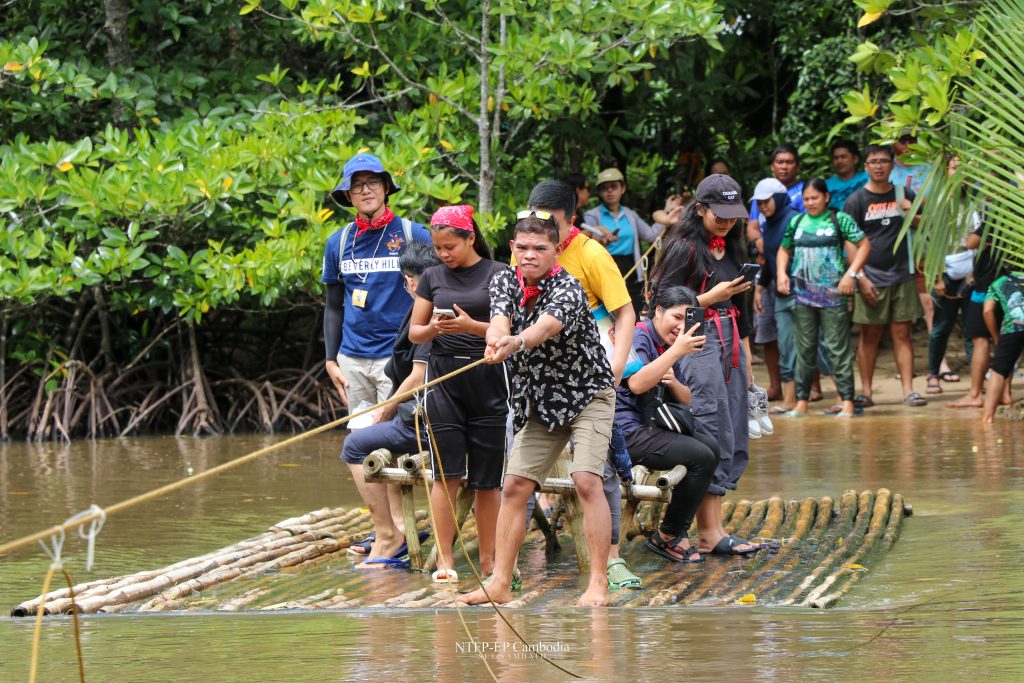
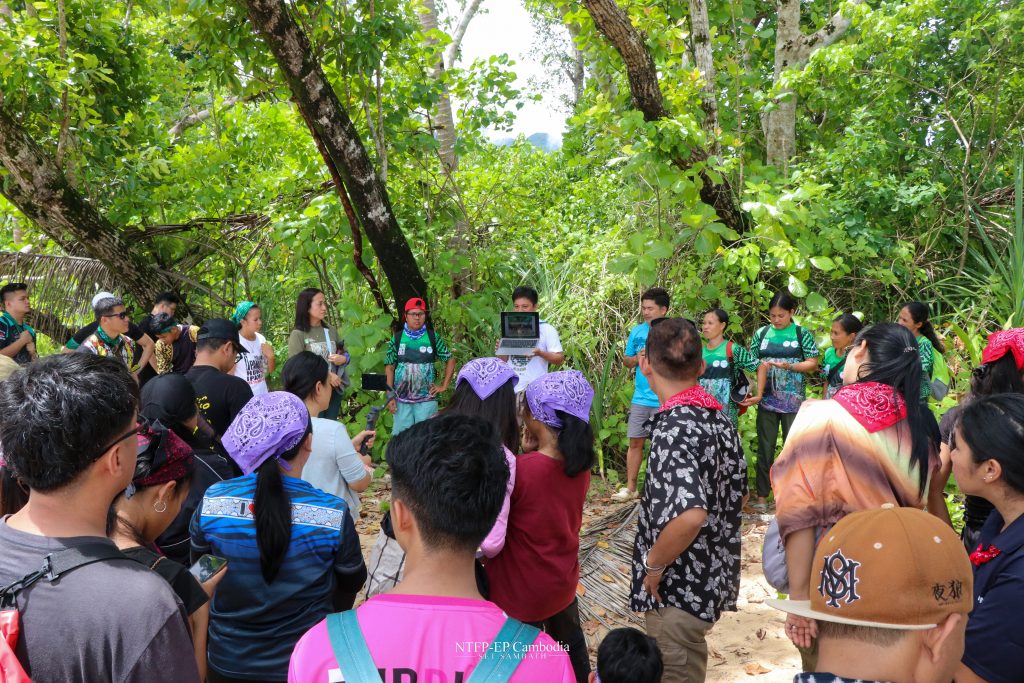
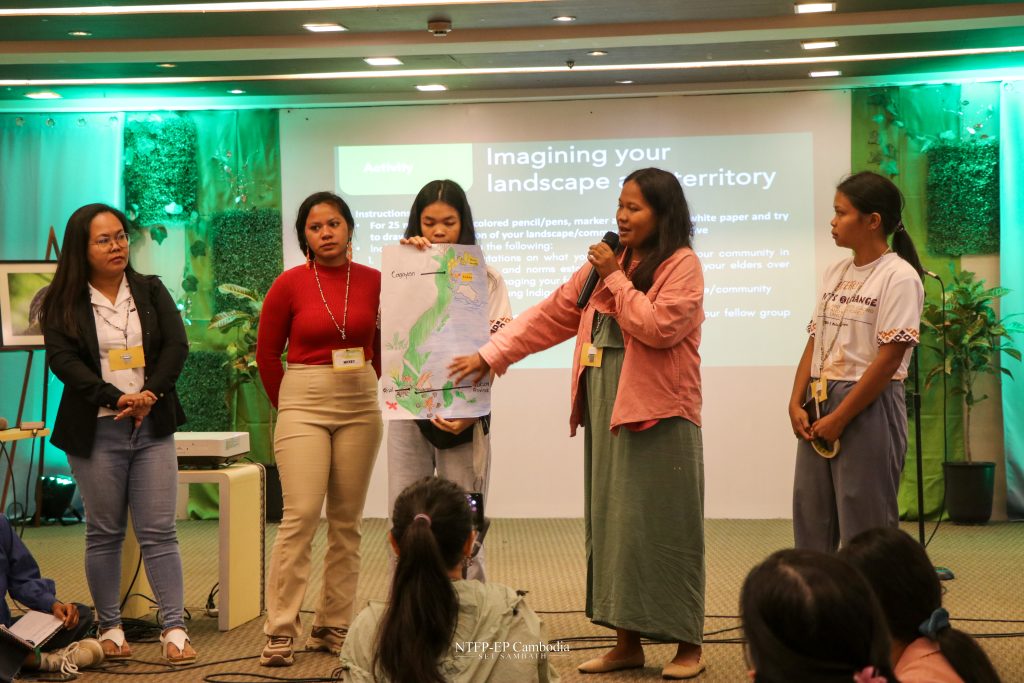
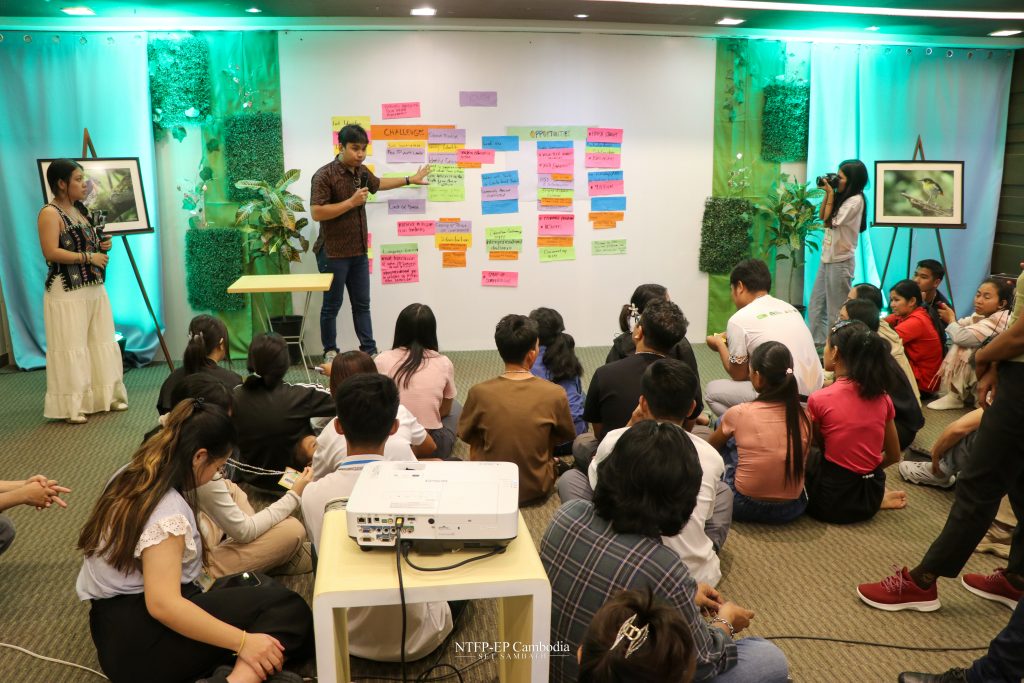
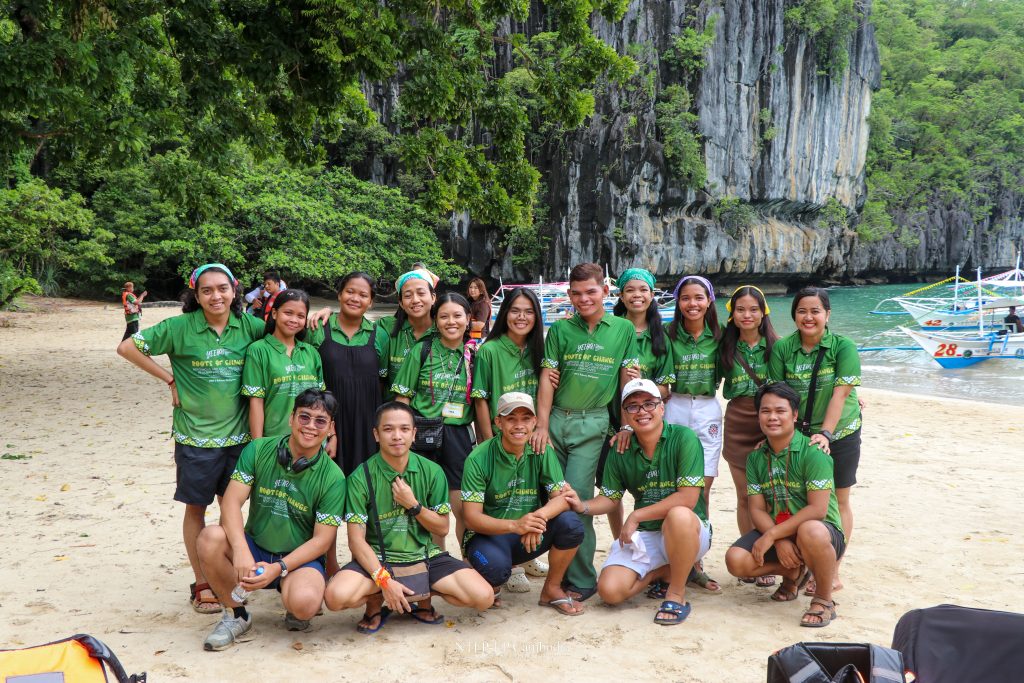
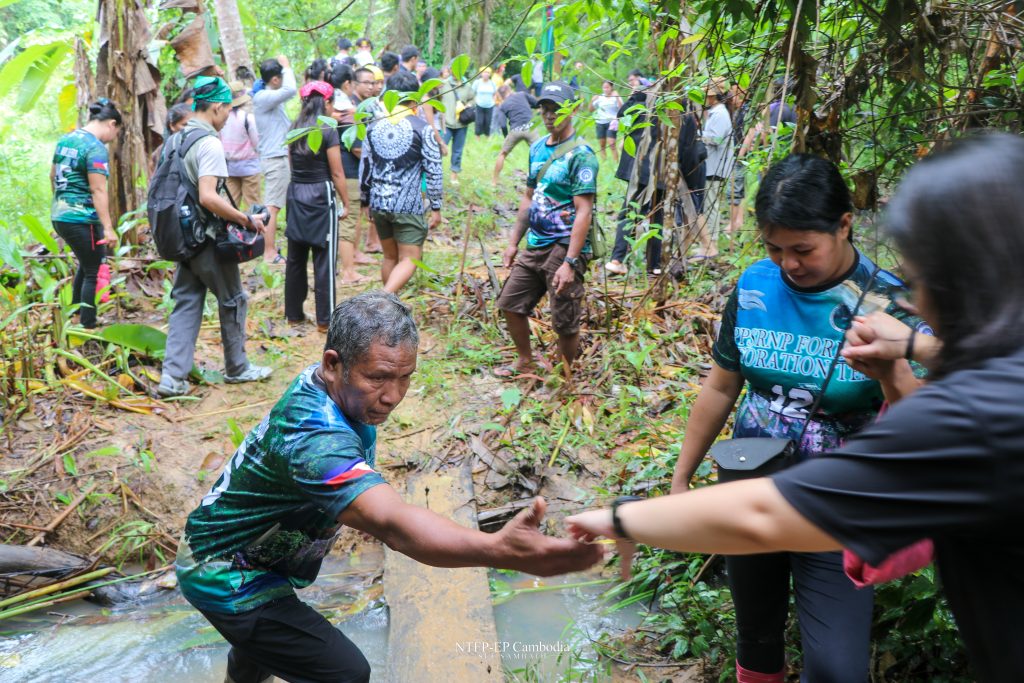
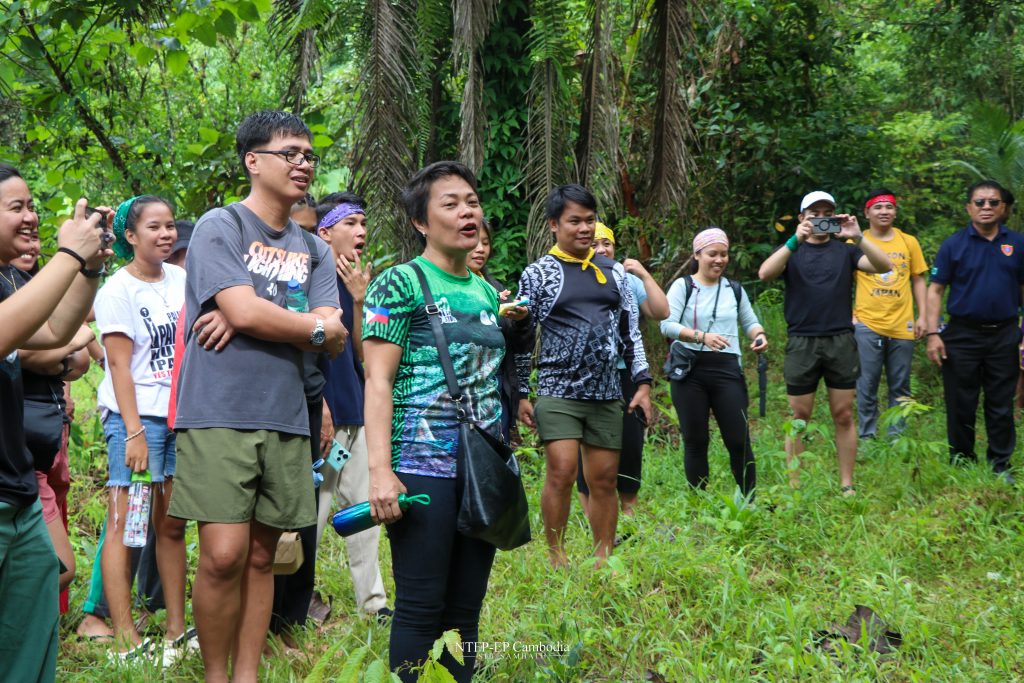
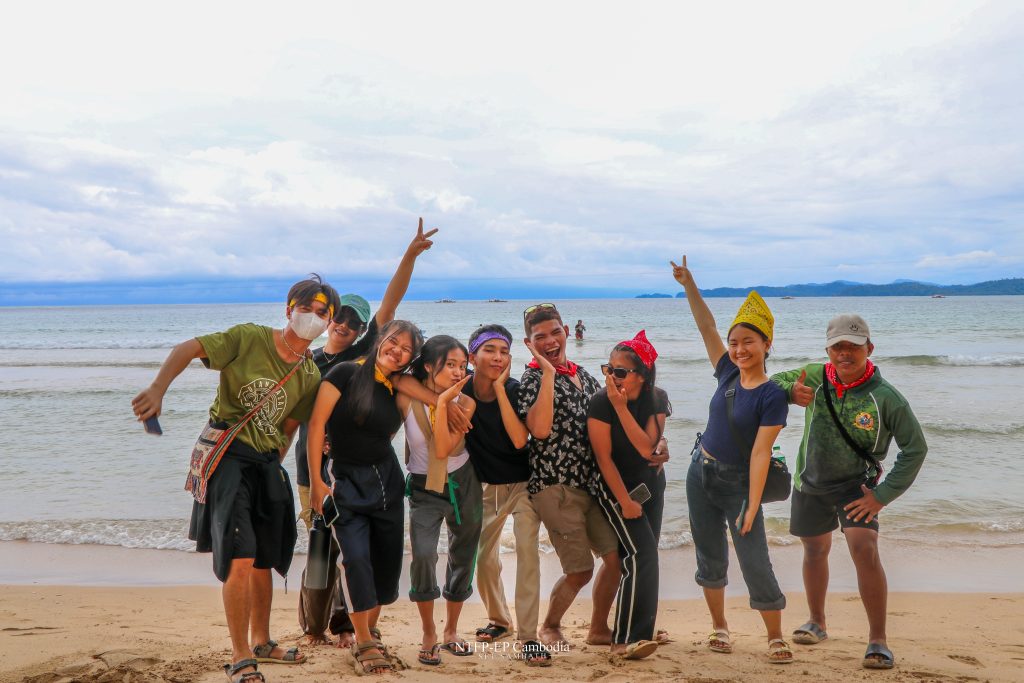
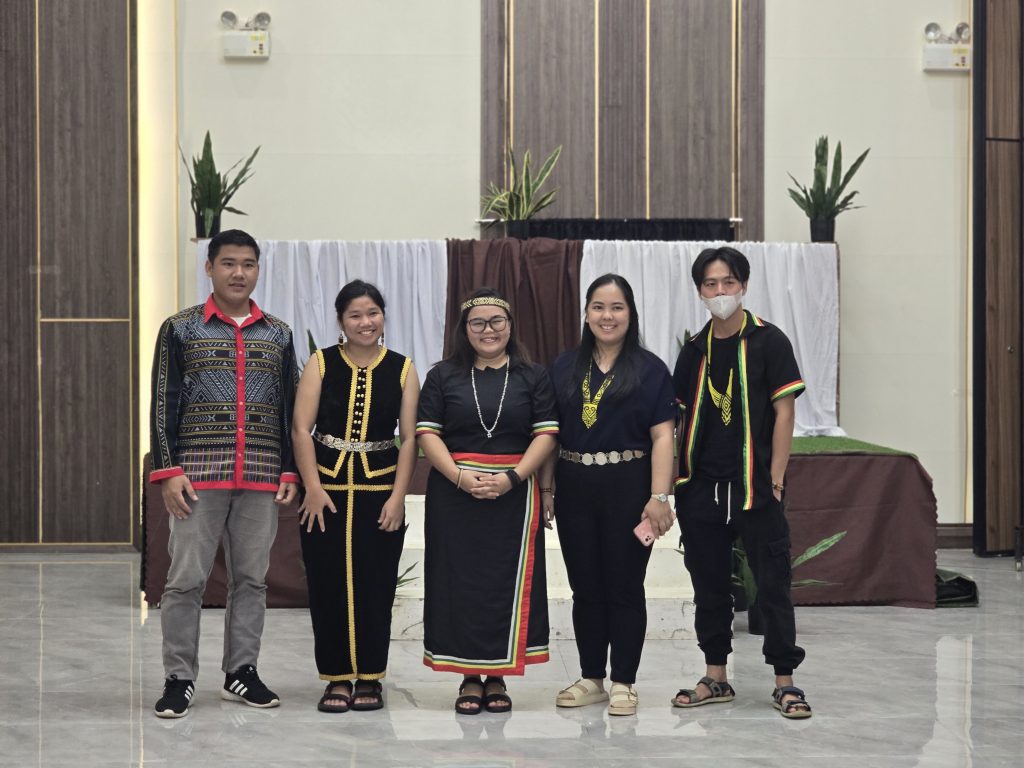
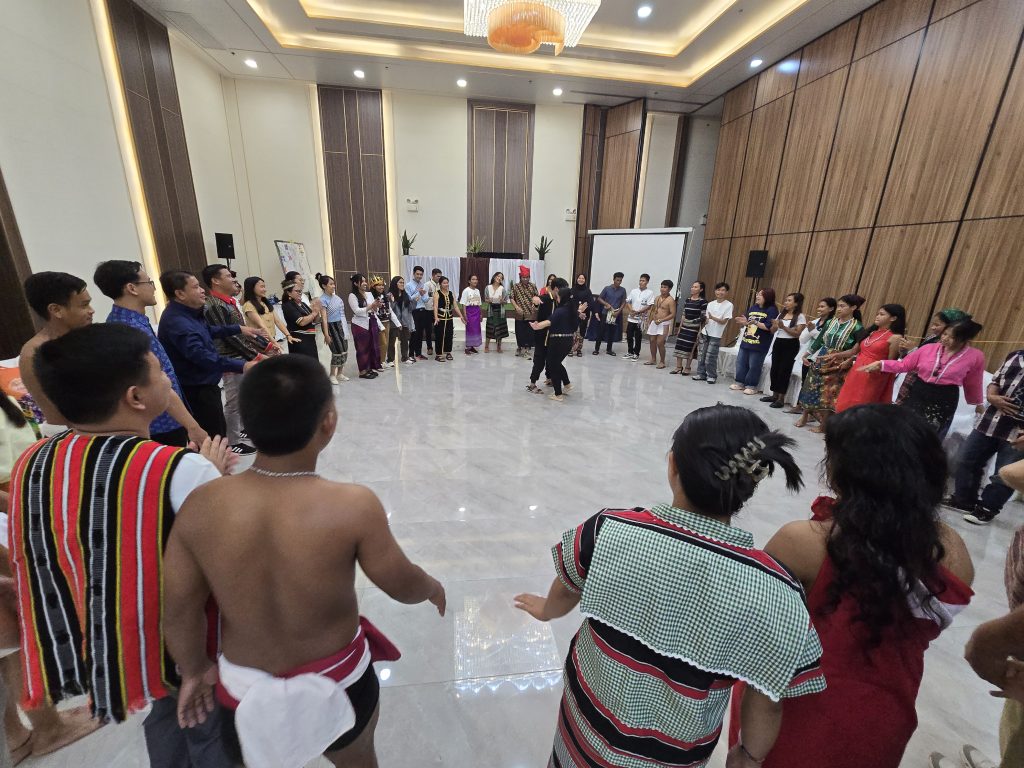
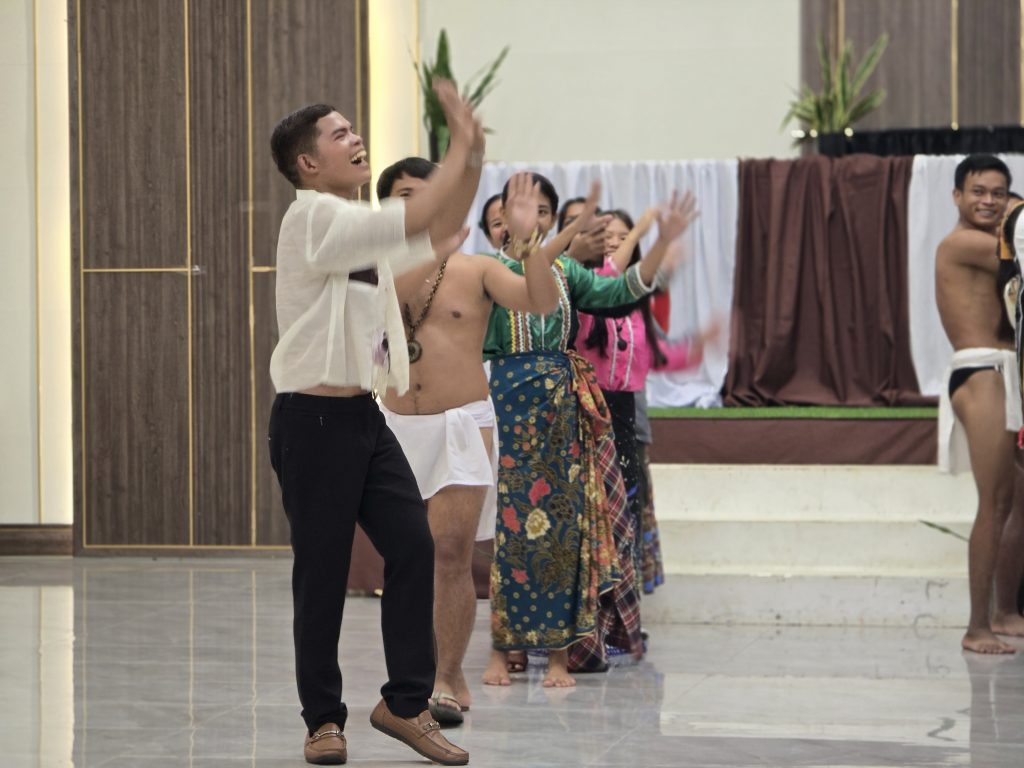
Youth Voices from the Forest Issue No. 1 (June 2025)
When we walk with pride in who we are, we show the world that being Indigenous is powerful. Our time is not just coming—it’s here. Let’s keep rising, because we are not only shaping what’s next—and that no matter how small, but we’re also making change today. Readmore »



